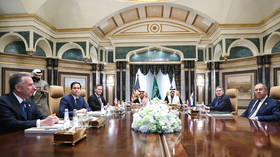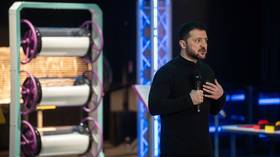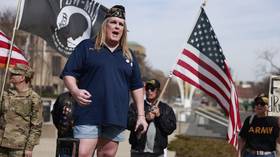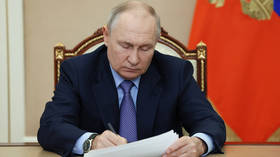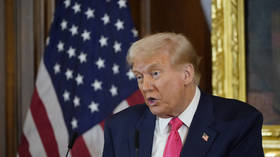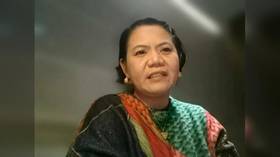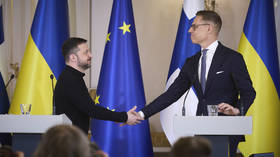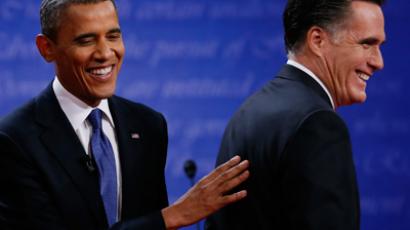US civil rights groups want international observers to monitor election violations
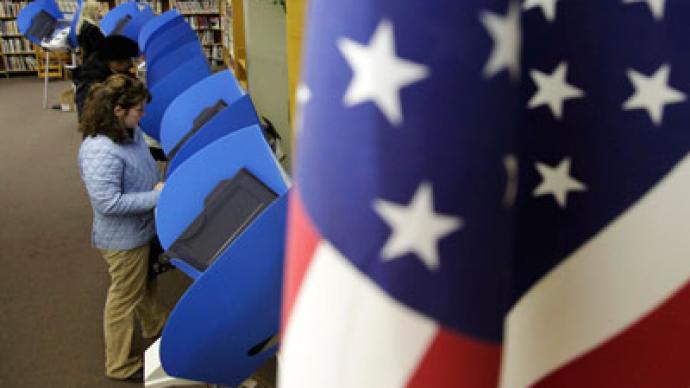
Eight US civil rights groups have asked the OSCE for help, expressing concern that millions of Americans could be excluded from the November 2012 election due to new voter ID laws that make it more difficult to cast a ballot.
The civil rights groups, which include the National Association for the Advancement of Colored People (NAACP), went to the Organization of Security and Co-operation in Europe (OSCE) to ask for help. The OSCE, which represents 56 European, Central Asian and North American countries, will likely pass on the information to its team of observers monitoring the elections in 40 states, the Guardian reports. Observers include 13 international experts based in Washington, D.C. and 44 long-term observers from 23 countries.Civil rights groups are worried that Americans who are young, elderly, poor or of a minority race could be unable to cast a ballot due to new voter ID laws across 17 states. A study by the University of Chicago and Washington University found that under the new laws, as many as 700,000 minorities under the age of 30 would be ineligible to vote.“Our estimates are conservative. We are looking at demobilization from 9 to 25 percent,” Cathy Cohen, an expert on young and minority voters who worked on the study, told the Associated Press. “If young people really have valid IDs at a rate of only 25 or even 50 percent, the number of young people of color disenfranchised will be even greater than what we estimate.”Civil rights groups have also cited concerns that voter ID laws could keep disabled and women voters from casting their ballots. States they were most concerned about included Pennsylvania, Ohio, Florida, Texas and Wisconsin. The groups have asked the OSCE to send its observers to these states.The OSCE will be present at the US elections to ensure the voting procedures comply with international obligations and the standards for democratic elections. Its mission was opened Oct. 9 and is led by OSCE ambassador Daan Everts.“The mission will analyze the legislative framework and its implementation and will follow campaign activities, the work of the election administration and relevant government bodies, including voter registration, and the resolution of election disputes,” reads a statement by the OSCE.The OSCE plans to issue interim reports before the election, but will publish a report thereafter, detailing the compliance of the voting centers with international laws.The controversial new voter ID laws could prevent 11 percent of eligible voters across 10 states from voting, according to the Brennan Center for Justice at New York University.The states with the new ID laws hold 127 electoral votes – nearly half of the 270 required to win the election. The Brennan Center study concludes that if these laws truly keep such a large percentage of Americans from voting, they could have a “major impact on the outcome.”



